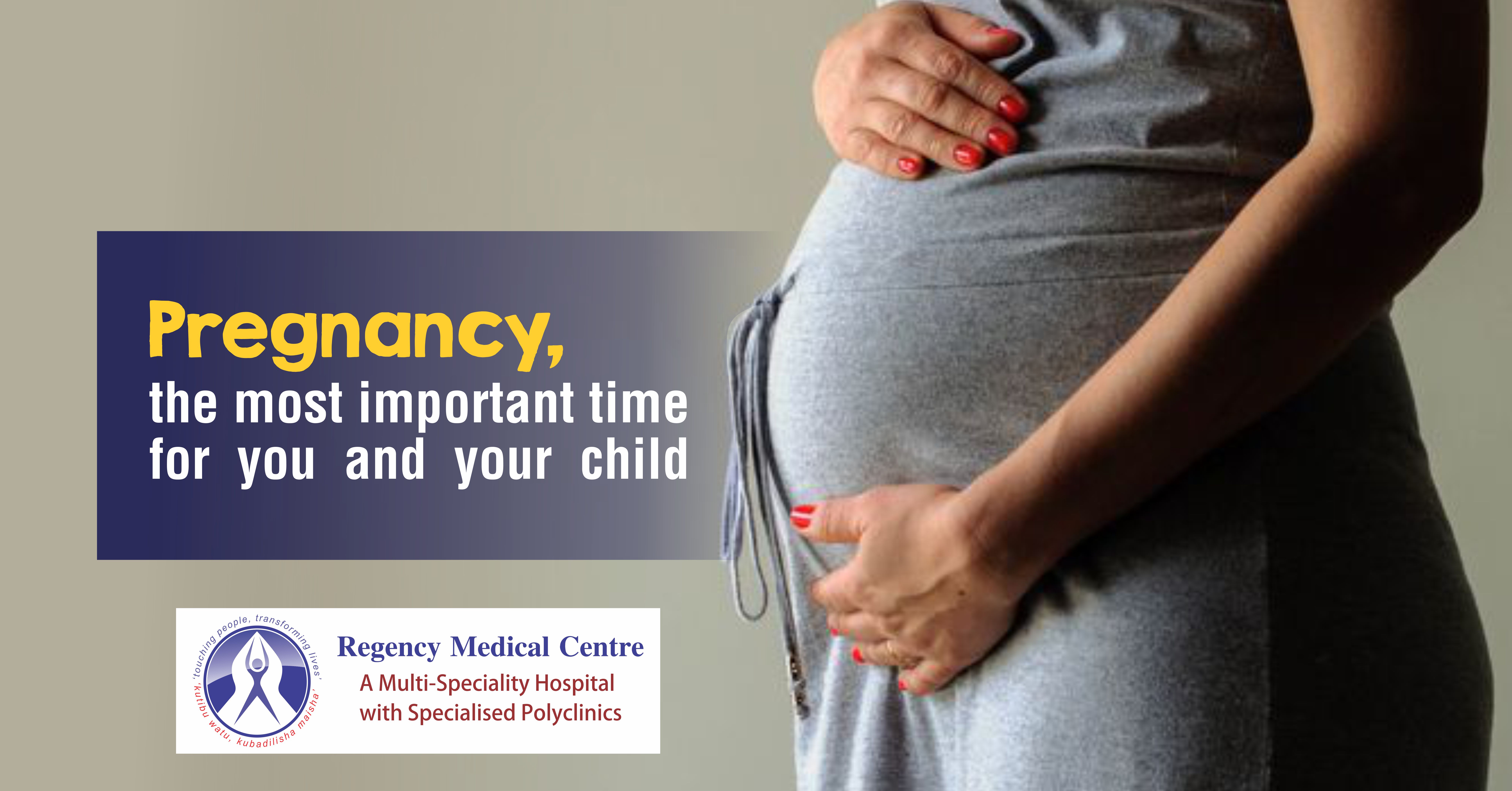Why Self Care Is Important During Pregnancy?
1,003 views
Saharan Africa.
Tanzania clocks about 556 deaths for every 100,000 births, a trend that needs to be arrested immediately. Antenatal care, or the pre-delivery procedure that needs to be followed by pregnant women, is something that should be general knowledge. Research shows that only 46% of pregnant women are assisted by a gynaecologist, nurse, clinical officer, midwife or a health aide. These figures make it crucial that to inform women about the importance of self-care during pregnancy.
Here are a few ways that a woman can take care of herself during pregnancy to ensure her and her child’s health:
-
Balanced Diet
 One of the most important factors that ensure a healthy delivery is the diet of the expecting mother.
One of the most important factors that ensure a healthy delivery is the diet of the expecting mother.
A pregnant woman should eat about 1800 calories per day during the first trimester, 2200 calories per day during the second trimester and 2400 calories per day during the third trimester.
An expecting mother should gain about 11 to 16 kilos, according to your original weight, during the course of her pregnancy.
Undernourished and pregnant women need to increase their daily intake by 200 to 285 kcal a day to reduce risks of underweight babies.
It is important that most of the additional calories ingested by the mother are proteins. Proteins form the building blocks of a human being and should be focused upon.
Fresh fruits, grains, and vegetables should be a regular feature on a pregnant woman’s plate. One should take care that the mother does not eat commercially prepared food too regularly.
Commercially prepared food usually has more salt and other additives and it should be eaten sparingly.
Animal proteins, grains like millet, sorghum are just a few items that can help a pregnant woman balance her diet during pregnancy.
This balance food diet really helps women during their pregnancy-related problems.
-
Multivitamin Supplements
It is important that a pregnant woman get guidance from a qualified doctor or medical practitioner to ensure that she is getting all the multivitamin supplements she needs.
that a pregnant woman get guidance from a qualified doctor or medical practitioner to ensure that she is getting all the multivitamin supplements she needs.
Due to the high rates of undernourishment in Africa, it is important that pregnant women get multivitamin supplements on the directions of their gynaecologist.
These supplements contain a mix of 19 vitamins and minerals which
includes important elements like iron, calcium and folic acid among many others.
These supplements also contain omega-3 fat docosahexaenoic acid or DHA. 200 mg of the same essential for fetal brain and vision development.
It is important that a woman take no drugs without the express directions and permission of a doctor.
-
Physical Activity
 It is important that pregnant women keep up a certain amount of basic exercise during the duration of their pregnancy unless expressly told to avoid it.
It is important that pregnant women keep up a certain amount of basic exercise during the duration of their pregnancy unless expressly told to avoid it.
Routine activities like walking, swimming or even lifting moderate weights can be continued by pregnant women.
High impact activities like riding, running should be avoided unless given a green signal by the doctor. Pregnancy impacts respiratory rates greatly and this directly affects the physical activities undertaken by women.
It is important that women take a gynaecologists advice about their particular condition before going in for regular exercise.
-
Doctor’s Visits
 A minimum of 8 regular check-ups by a pregnant woman before her delivery is essential to ensure that there are no unforeseen complications.
A minimum of 8 regular check-ups by a pregnant woman before her delivery is essential to ensure that there are no unforeseen complications.
Regular visits to the gynecologist can help avoid complications arising from congenital syphilis, malaria and anemia.
Regular visits are also highly essential to ensure that multiple births are managed without a hitch. Complications arising from abnormal foetal positions can best be managed by regular check-ups.
Only you doctor give you the best advice during your Pregnancy-related problems. So, always prefer your doctor first.
It is important that a woman get all the directions required to manage her diet and any supplement intake that she requires.
Women also need to get a tetanus toxoid vaccination depending on previous tetanus vaccination exposure.
-
Traveling
 Women who are pregnant need to be careful when they are traveling. It is important that they always wear a seat belt when they are traveling.
Women who are pregnant need to be careful when they are traveling. It is important that they always wear a seat belt when they are traveling.
Make sure that the seat belt is not latched on too tight, it should be comfortable and allow breathing room.
The best time to travel by air for pregnant women is between the 14th and 28th weeks. They should ensure that there is always enough space for
pregnant women to stretch their legs periodically.
Air travel should be avoided after the 36th week as chances of going into labour increase after this point. Also, low oxygen may cause foetal hypoxia at
high altitudes.
-
Directions for Work
 It is important to alter your work schedule as you progress through your pregnancy. This is important to promote foetus growth, relaxation, and continued good muscle tone to prevent muscle atrophy.
It is important to alter your work schedule as you progress through your pregnancy. This is important to promote foetus growth, relaxation, and continued good muscle tone to prevent muscle atrophy.
If you are engaged in a sedentary job profile it is important that you have a footstool to prevent pressure on your veins, and swelling of the feet.
Take frequent breaks and use some of them to walk around, regular but gentle exercise is important.
Drink enough fluids to prevent dehydration and aid you in staving off fatigue, tension and increases circulation.
There are a number of things a pregnant woman should take care of. Things like getting regular ultrasound scans, especially one before 24 weeks will give a fair idea about gestational age and any possible foetal anomalies.
A pregnant woman should avoid the use of substances like alcohol, tobacco and other opiates if they want to avoid any deformities in their child.
Despite the serious state of antenatal care in this region it is important that we understand the crucial role self-care can play.
Identifying indicators like swelling of hands, feet and face, vaginal bleeding, fever, etc. should be something that is made clear to all expecting women.
Together, and with thorough knowledge, we can make sure that every child and every mother get the best chance for survival.


